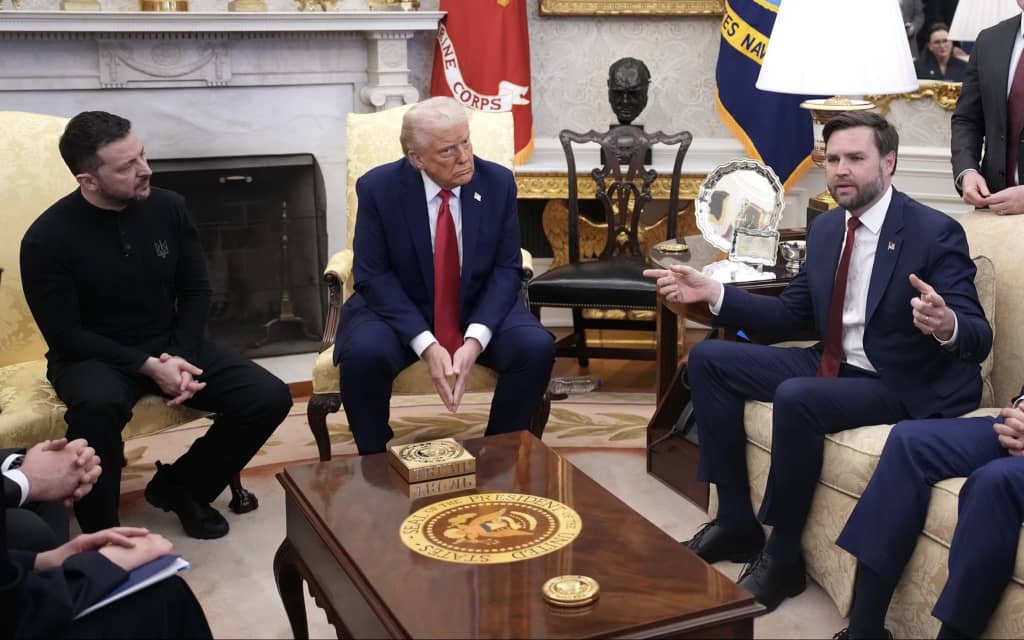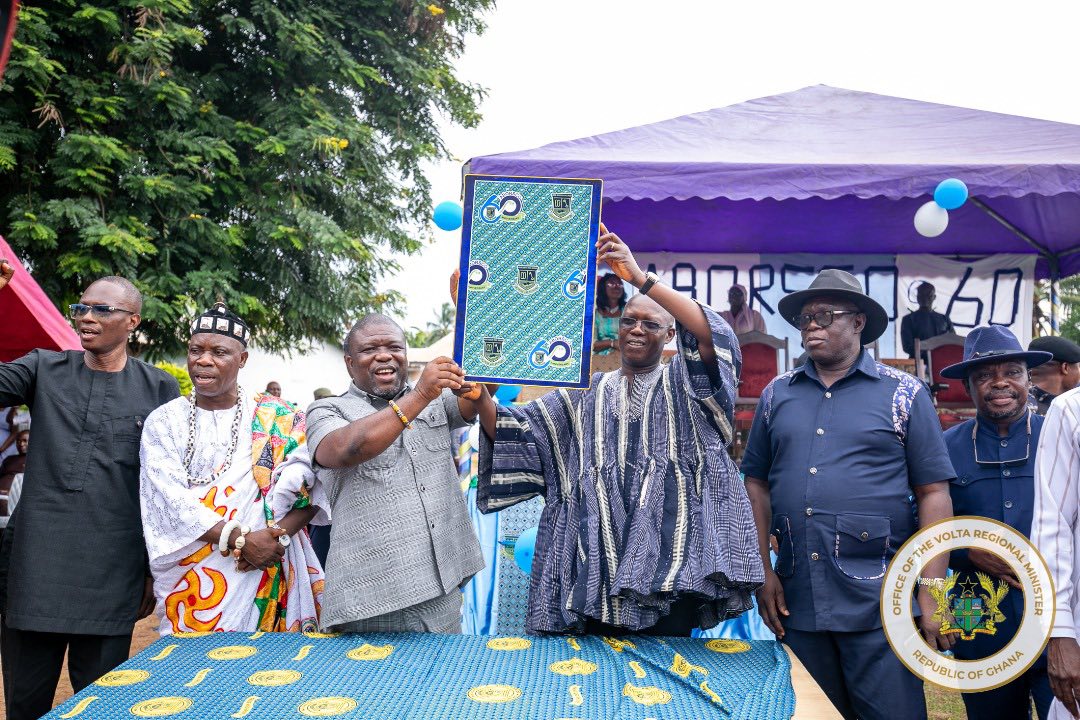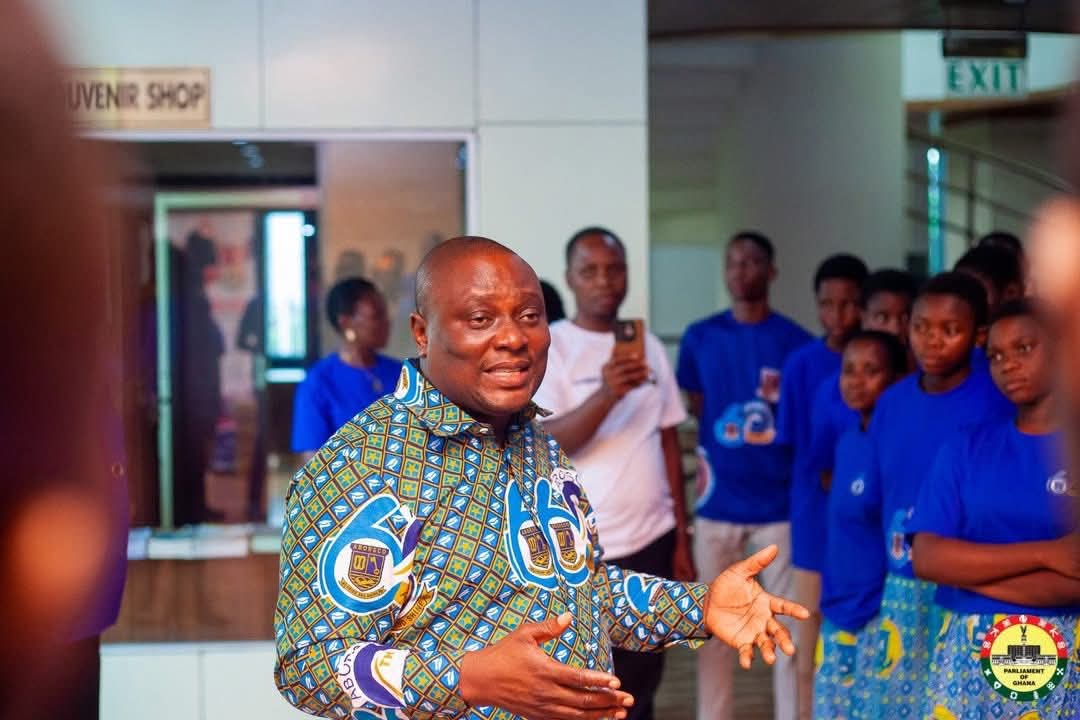According to Albert Einstein, “Peace cannot be kept by force; it can only be achieved by understanding.” Also, as noted by former US President Ronald Reagan, “Peace is not the absence of conflict. It is the ability to handle conflict by peaceful means.”
Friday’s meeting at the oval office between President Trump of the United States and President Zelensky of Ukraine is certainly one for the history books.
Whereas Trump’s efforts, unconventional but effective as it appears, are important to halt the Russia-Ukraine war, prevent WWIII, and ensure global peace and security, one can understand the frustration of Ukraine in wanting to secure security guarantees from the United States.
Many have forgotten about the Budapest Memorandum of 1994, where Ukraine, in giving up their nuclear weapons, secured security guarantees from the US, Russia, UK, France, and to some extent, China. Perhaps Ukraine would have become and been considered more viable security-defence wise had they not give up their nuclear weapons in exchange for various security guarantees.
Also, despite Trump’s efforts to end the war and ensure global peace, security, and stability, the US risks losing the trust of Western allies and gaining the outlook of becoming Russia’s pawn within the international system, thus, undermining US leadership and the rules-based society which has existed in the aftermath of the second world war.
Additionally, this also brings into focus the role and subject of reform of the United Nations Security Council (UNSC) to enable the Council to assume leadership and confront threats to global peace and security. The UN remains the most credible institution to guarantee respect for international law and the attainment of global peace and security. As noted by former UN Secretary-General Kofi Annan, “We may have different religions, different coloured skin, but we all belong to one human race.” As such, the UN provides the relevant framework and architecture capable of rallying together the globe to ensure lasting peace and security.
For us in Africa and the rest of the world, and as seen with Russia, it is become more apparent that the only guarantees you can secure oneself are the guarantees provided for oneself; thus, changing the balance, scale, and believe in international law and diplomacy in achieving global peace and security within the international system.
Also, this signals an era where nation-states must prioritize their security and defence interests against reliance on the international system, as interests may clearly differ at various points in time and alter the course of a nation’s survival and history. As such, the only guarantees you can trust are the ones you offer yourself.
Finally, this also presents an opportunity for regional actors to work together now more than ever to demonstrate leadership and collectively address common threats to peace, security, and stability in their respective regions.
The writer, Andrews Joojo Maxford, is a Defence and International Political Analyst. Maxford has a Master of Science degree in Defence and International Politics from the Ghana Armed Forces Command and Staff College (GAFCSC), and MA Economic Policy Management degree from the University of Ghana, Legon. Maxford works as a research assistant at the Parliament of Ghana and can be contacted via maxfordandrews@gmail.com





































